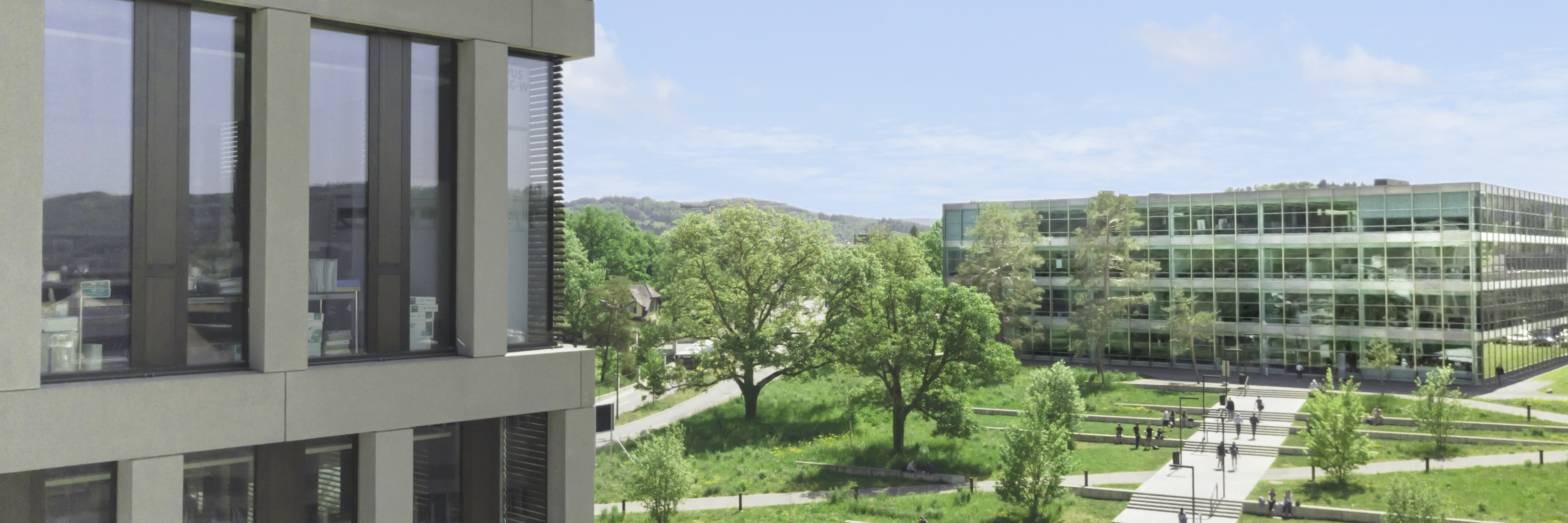Diversity and equality
As part of the FHNW's diversity policy, the School of Engineering and Environment is committed to recognising and utilising the diversity of its students and staff as well as its various departments as a potential and resource.
We are committed to equal opportunities and barrier-free access to higher education, as well as generally ensuring that access to higher education is open to students with different backgrounds and educational backgrounds. One of the challenges we face is that women in particular are still underrepresented in engineering and computer science.
Various programmes and offers help to make the student body more diverse:
An important prerequisite for diversity in the sense of variety is the recognition of individuality and the consideration of different lifestyles. The modular training concept of the FHNW School of Engineering enables prospective students to customise their studies, both in terms of content and time. There is a choice of full-time, part-time and part-time study models.
We also endeavour to enable all students to study without barriers and offer various forms of support depending on the individual's needs.
There are also various opportunities to broaden your international horizons, for example through exchange semesters, international tracks for selected degree programmes or trinational degree programmes. We also offer exchange students from abroad a wide range of attractive study programmes: from exchange semesters to fully-fledged Bachelor's degree programmes or the Master in Engineering.
The FHNW School of Engineering and Environment is not only committed to equality, anti-discrimination and equal opportunities for its students, but also for its employees. In addition to access to education, we also want to open up access to careers and networks. Obstacles that restrict the participation of certain groups of people should be removed.
We support the compatibility of different phases and cycles of life (studies, career, family, etc.) by allowing different working models and (co-)developing and providing concrete, practical support programmes and projects.
The aim is to anchor diversity and inclusion at all levels and across all subject areas. It is important to build on commonalities and not emphasise differences. In order to anchor diversity and inclusion in the FHNW School of Engineering and Environment in the long term, the topics should be integrated into all service areas wherever possible. Below are a few examples of projects and activities in the area of diversity and inclusion:
